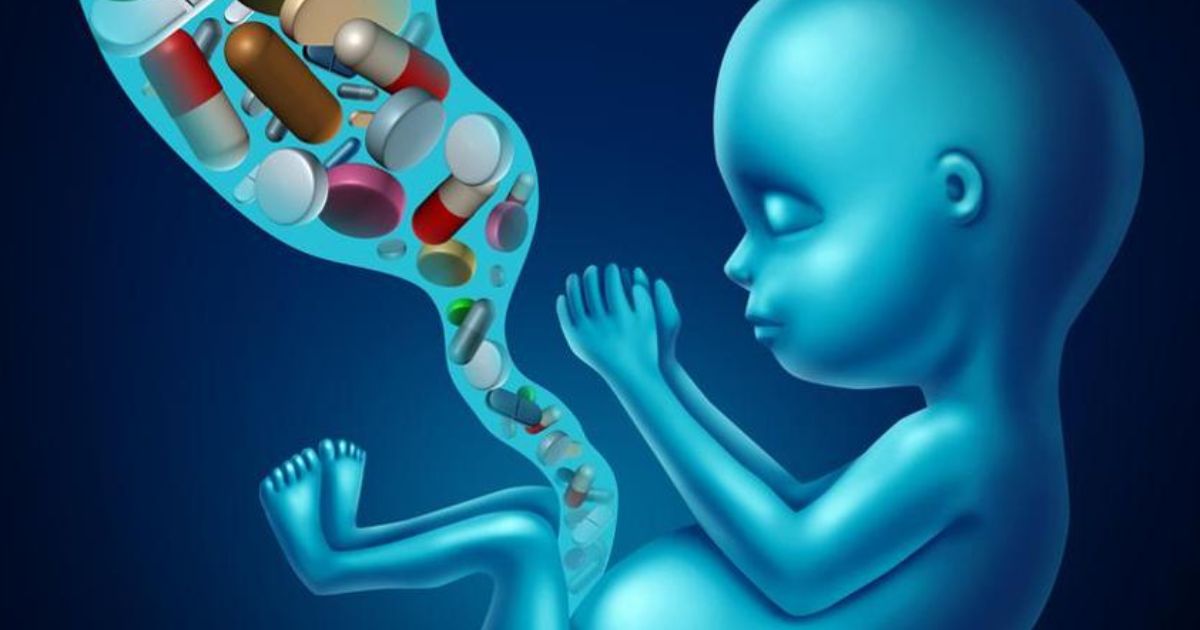News: A study published in the journal BMC Psychiatry reports a strong association between the developmental timing of childhood abuse and conduct problems (like bullying or stealing) in early life.
There is a vast literature pointing out abuse and conduct problems in children. However, the association between child abuse experienced at different developmental timings and conduct problems in early life has not been examined. So, researchers sought to investigate the effects of timing of child abuse on conduct problem trajectories.
They abstracted data from the Avon Longitudinal Study of Parents and Children, an ongoing prospective birth cohort study conducted in the UK. The investigation used latent class growth analyses to figure out developmental trajectories of conduct problems. To identify the association between abuse exposure and each trajectory, they applied multinomial logistic regression.
Results highlighted 4 developmental trajectories:1) early-onset persistent conduct problems, which emerge in childhood and continue throughout the life course (2) adolescence-onset conduct problems, which emerge in adolescence (3) childhood-limited conduct problems, which emerge childhood but resolve prior to adolescence and (4) low conduct problems.
Research findings showed that children who are exposed to abuse before they are 11 years old, and those exposed to abuse both in childhood and adolescence are more likely to develop conduct problems than those children exposed to abuse in adolescence only and those who are not exposed to abuse.
These findings are consistent with the hypothesis that the differences between the early-onset persistent and adolescence-onset conduct problem trajectories are more quantitative than qualitative in nature.
To Know More, You May Refer To:
Bauer, A., Hammerton, G., Fraser, A. et al. Associations between developmental timing of child abuse and conduct problem trajectories in a UK birth cohort. BMC Psychiatry 21, 89 (2021). https://doi.org/10.1186/s12888-021-03083-8




























Leave a Reply
You must be logged in to post a comment.